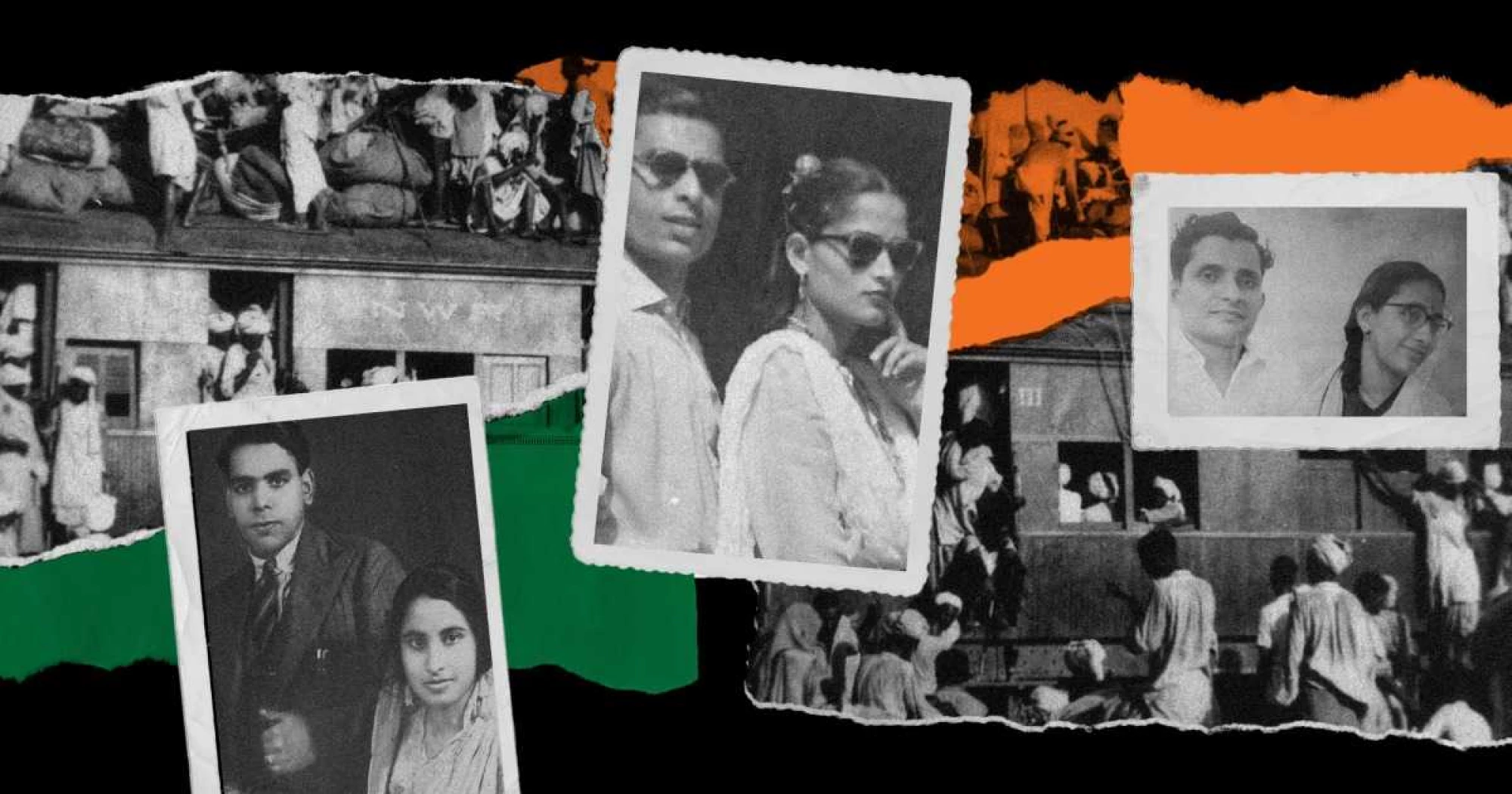South Asians from Oklahoma to London share how partition shaped their identities

Ankita Mukhopadhyay always knew there was pain in her grandfather’s past.
Ankita Mukhopadhyay always knew there was pain in her grandfather’s past. As a kid, she didn’t understand the depth of it, but she heard his stories about 1947. Families pushed from the rooftops of houses, bodies in the street. Unable to return to his home in what is now Bangladesh after the partition, he carried a lifelong sadness with him that she couldn’t quite explain.
“I used to send him letters in English. He used to tear apart my letters in front of me and say, ‘This is the language of our colonizers. I do not want you to write letters to me in the language of my colonizer,’” she recounted to NBC Asian America.
Now 29 and living in the San Francisco Bay Area, Mukhopadhyay is far removed in time and distance from the India-Pakistan partition. But 1947’s violence has shaped lives, and its impacts still linger in the South Asian diaspora.
Pranab and Pratima Mukhopadhyay.Courtesy Ankita Mukhopadhyay Parents and grandparents who survived it have shared their stories, and 75 years later, a dwindling group of South Asians remembers the events of that time period. Their American children, though, say the memories won’t be lost. The harshest realities of their family members’ lives have been passed down to them for generations — ingrained over dinner or during a TV show.
“The partition was a constant part of our lives,” said Mukhopadhyay, who was born and raised in India. “My grandfather used to always say, ‘I’m not Indian. I lost everything, and there’s no concept of India.’”
Rating: 5